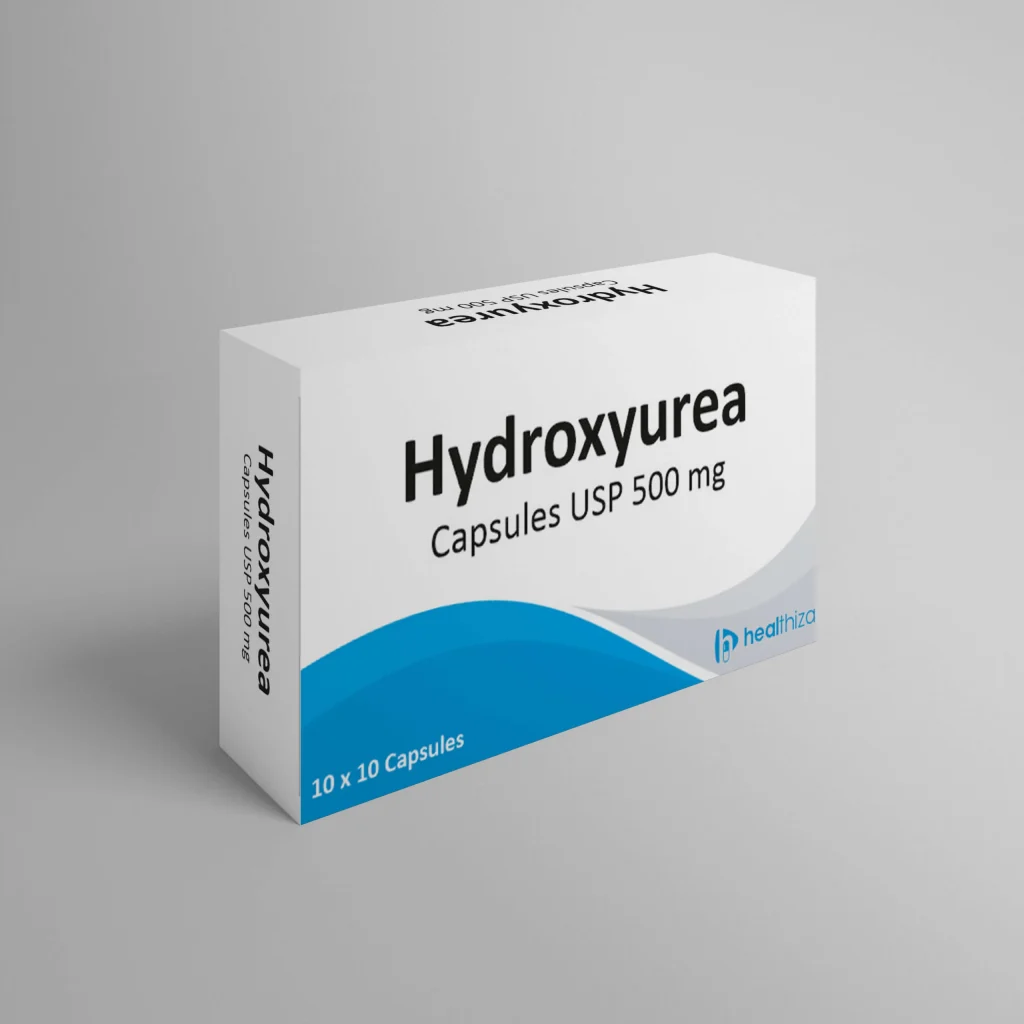Nigerian medical professionals are promoting early hydroxyurea treatment for children with sickle cell disease, emphasizing its ability to improve lives.
Globally recognized as a key therapy, the drug cuts down pain crises, hospital visits, and blood transfusion needs.
Success Stories
At a recent Lagos health conference, specialists shared Nigeria’s 20-year success with hydroxyurea.
Dr. Michael Adeseye, a pediatric expert at Lagos University Teaching Hospital, said, “Some kids on this drug for years haven’t needed hospital stays, transforming their families’ lives.”
Drug’s Background
Initially developed for cancer, hydroxyurea increases fetal hemoglobin, which copes better in low-oxygen conditions.
U.S. studies, starting in 1992, confirmed its safety for children as young as nine months. Nigeria adopted it in 2006, with 2018 data showing reduced hospitalizations and improved school outcomes.
Clearing Myths
Adeseye addressed concerns about cancer or infertility risks, noting U.S. research found no cancer link.
While sperm count may decrease, fertility factors like motility remain unaffected. Women’s fertility rates also show no significant difference compared to others.
Protecting Organs
Early use prevents severe organ damage, a critical sickle cell issue. “By 18, some kids’ organs function like those of a 25-year-old due to repeated crises,” Adeseye explained, stressing timely treatment.
Access Challenges
High costs and misinformation from some parents and healthcare workers hinder adoption. Adeseye called for government and pharmaceutical efforts to lower costs through insurance and urged parents to seek expert care.
Early Screening Advocacy
Osasele Esangbedo, a genetic counselor with Noah’s Ark Foundation, pushed for mandatory newborn screening in public hospitals.
“Early genotype knowledge empowers parents and kids for better future decisions,” she said, advocating for more awareness and prenatal testing.






